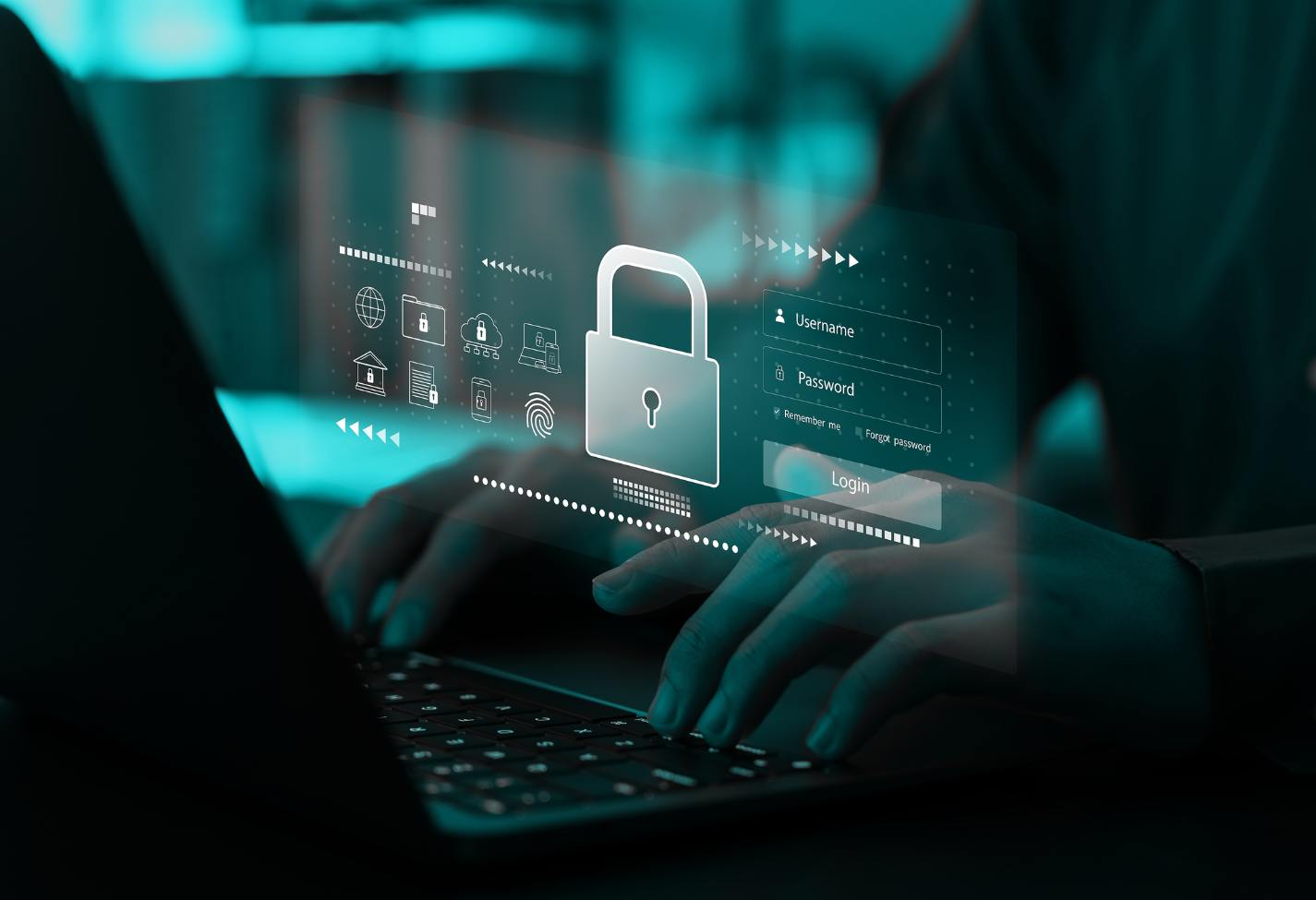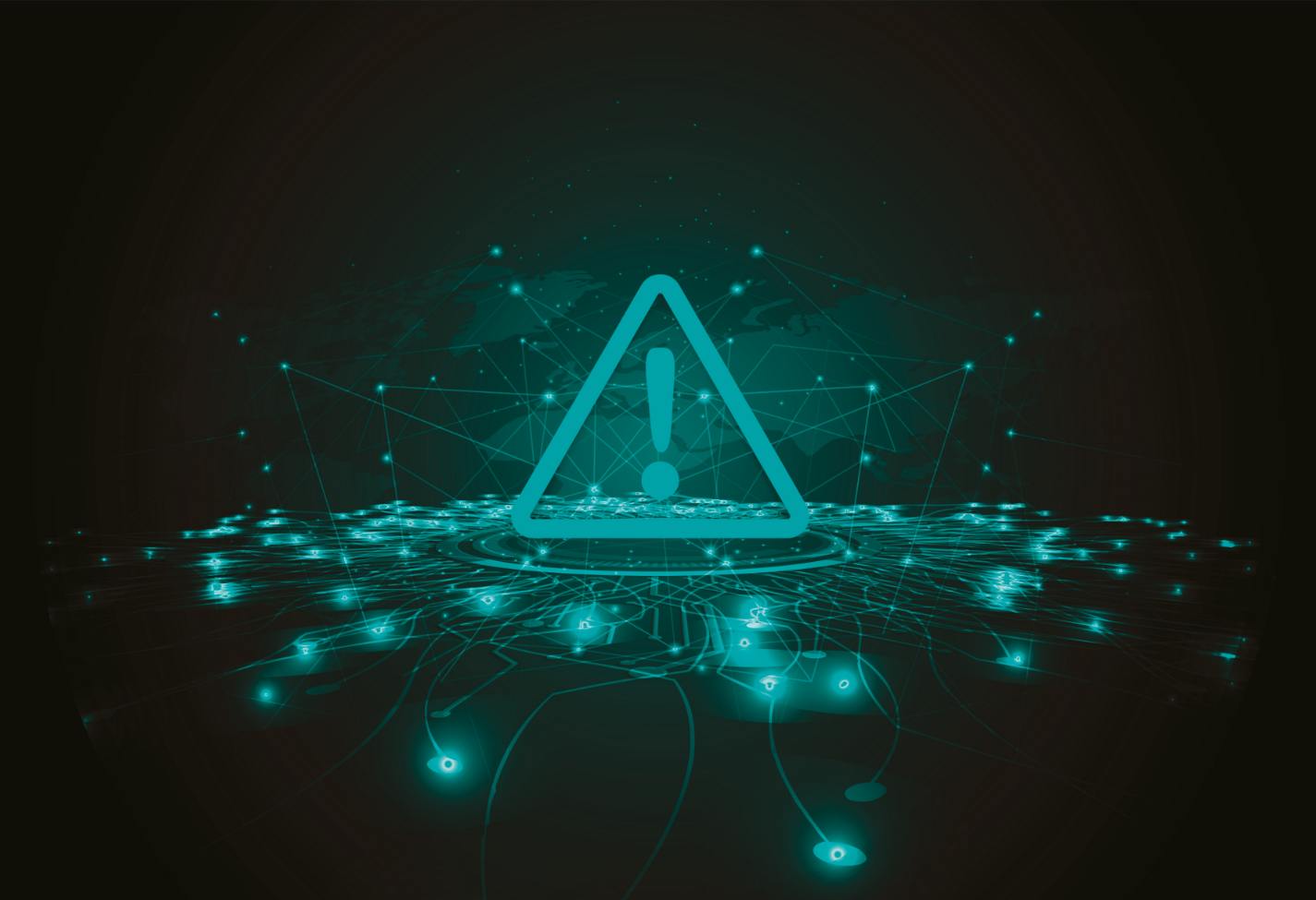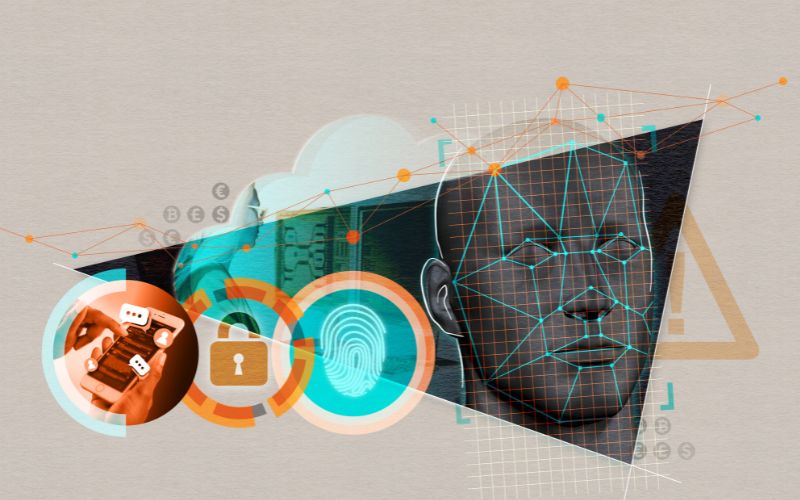Empowering digital trust
Strong digital trust is essential for business success and effective public service.
To address this need, our online micro-credential courses in Digital Trust and Security, launching soon, are designed to educate and empower individuals to identify risks, mitigate threats, and promote safe digital practices.
Whether you’re protecting your workplace, your team, or yourself, these courses provide the tools to navigate today’s challenges with confidence.
Developed with direct input from an Industry Advisory Board of representatives from leading businesses, charities, and governmental organisations, these courses ensure our content and outcomes align with real-world needs and industry best practices.
Explore the course summaries below to discover how you can develop your skills to lead in digital safeguarding.
These courses explore the risks of our hyper-connected world, examining the threats, actors, and methods shaping cybersecurity today. Through case studies, we’ll analyse how cyberattacks unfold, the strategies to prevent them, and the broader implications for privacy, surveillance, and ethics.
Korry Robert
Course Director

Digital Trust and Security Micro-credentials
Core Issues in Digital Trust and Security
This online micro-credential delivers training in digital security threats and mitigation techniques. It covers core concepts related to cybersecurity.
In this course, you will:
- Learn about threat actors, from individuals to nation-states, who exploit technology for malicious purposes.
- Examine vulnerabilities that enable cybercriminals to steal data, money, and identities, and discover protective measures for citizens, businesses, and governments.
- Explore privacy concerns, digital footprints, and the impact of digital media on democracy and trust.

Understanding Digital Society
This online micro-credential explores key features of digital technologies such as datafication and algorithmisation, and their societal impact.
In this course, you will:
- Critically analyse the social, economic, and political conditions driving digital transformation, gaining a comprehensive understanding of how these technologies shape our world.
- Understand how datafication, algorithmisation and automation function as the primary drivers of modern digital societies.
- Explore the effects of datafication and algorithmisation on privacy, surveillance, and automation, and consider how these issues might be governed.

Digital Markets and Trust
This online micro-credential examines the crucial role of trust in online interactions and how digital platform markets influence legal and illegal online transactions.
Through this course, you will:
- Consider the potential societal harms and regulatory challenges arising from the digital platform economy.
- Understand the core concepts and classification of financial crime, analyse how digital networks facilitate these crimes, and explore the theoretical models of financial cybercrime.
- Gain an understanding of how digital technologies are leveraged within organised crime, with a focus on crypto markets and the dark web.

Online Harms
This online micro-credential explores the creation and spread of online misinformation, disinformation, conspiracy theories, and extremism.
Through this course, you will:
- Analyse how problematic content spreads online, examining the mechanisms that amplify its reach.
- Gain insight into digital information dynamics, privacy concerns, and the societal consequences of online harms.
- Understand the challenges of combating misinformation and consider approaches to governing digital media responsibly.

Format, assessments and certification
Course format, assessments and certification details
Our online micro-credentials offer a flexible, self-paced format to fit your schedule. Each course includes an assessment designed to reflect real-world scenarios, ensuring relevant and practical learning. Upon completion, you'll earn a certificate detailing your achievement, validated by industry standards and recognised by employers.
This suite of online micro-credential courses offers targeted learning experiences designed to equip you with specific knowledge and skills in the critical area of digital trust and security, benefiting both your personal and professional development.
Each approximately 50-hour course focuses on distinct learning outcomes (including assessment), delivering in-demand skills aligned with industry needs and regional priorities.
The flexible online format allows you to learn at your own pace and fit your studies around your other commitments.
These focused learning opportunities allow you to quickly gain expertise in key areas, enhancing your capabilities and preparing you for the evolving challenges of the digital landscape.
Whether you're looking to upskill for career advancement, expand your skillset, or pursue personal growth, these targeted courses provide a flexible and efficient way to develop the competencies you need to succeed.
They also offer a valuable opportunity for staff development and can complement existing studies.
Study individual micro-credential courses at your own pace to target specific skills or opt for the full suite to gain comprehensive expertise in digital trust and security.
Enrol individually to boost your own prospects or enrol your team to upskill your entire workforce and stay ahead of the curve.
Our micro-credential courses use assessments designed to be relevant to real-world situations.
Each course (around 50 hours of learning) will focus on two key learning outcomes, and your progress will be assessed through one assignment.
We aim to make assessments relevant to social issues, and where possible, offer you some choice in how you demonstrate your learning.
All assessments are quality assured to a high standard and approved by relevant bodies.
The assessment will typically require around 10 hours of work, including any research and preparation.
Earn a credential you can trust. Our courses offer a robust guarantee of quality.
Your learning is validated through detailed, verifiable information embedded in your digital certificate, ensuring transparency and credibility recognised by employers, educational institutions, and other stakeholders.
Upon completion (and relevant assessment), you'll receive an official electronic certificate detailing your achievement, including:
- The total learning hours (typically 50, though individual learning paces may vary)
- The equivalent academic level of study (levels 4-8 available)
- Clear learning outcomes
- The certificate's validity period
- The awarding institution
- (Where applicable) Industry or professional body recognition
Why choose The University of Manchester?
Register your interest
Register your interest to be notified when our comprehensive range of Digital Trust and Security micro-credential courses launches.
We'll keep you updated on course details, start dates, schedules, and how to enrol.
To learn more about how we collect and use data, see our privacy terms.

